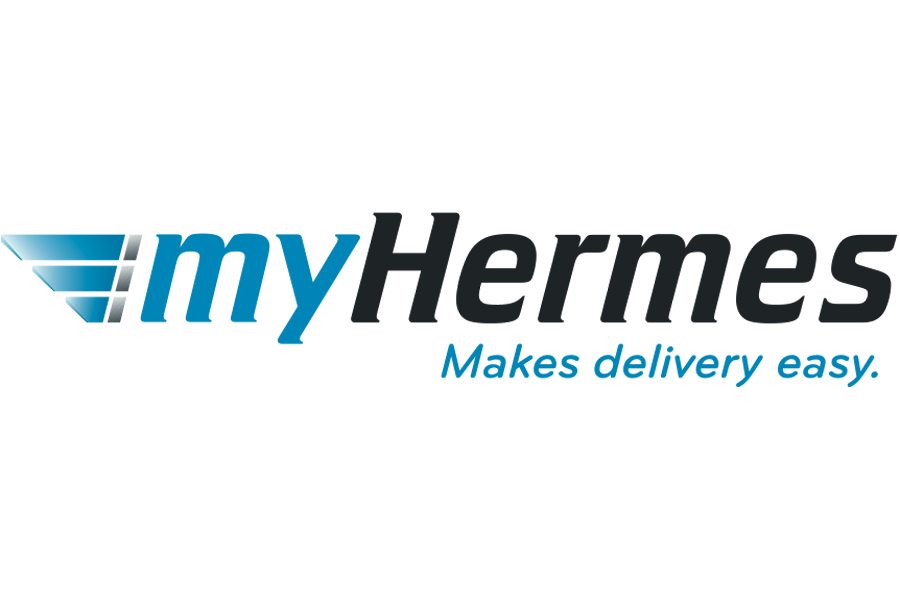In a move which could affect tens of thousands of self employed delivery drivers, a group of 65 Hermes drivers have won the right to be considered employees gaining access to minimum wages, holiday pay and protection from deductions to their wages.
Hermes have said that they will appeal the decision as it goes against previous rulings and their understanding of the law.
“This is yet another ruling that shows the gig economy for what it is – old fashioned exploitation under a shiny new facade.
Bosses can’t just pick and choose which laws to obey. Workers’ right were hard won, GMB isn’t about to sit back and let them be eroded or removed by the latest loophole employers have come up with to make a few extra quid.
Not only will this judgement directly affect more than 14,000 Hermes couriers across the country, it’s another nail in the coffin of the exploitative bogus self-employment model which is increasingly rife across the UK.”
– Tim Roache, GMB General Secretary
One might be forgiven for thinking that this is a cut and dried matter to rule on, but in reality many delivery drivers work for multiple companies. Others who have built up a number of rounds in a local area become fully fledged companies and employ their own drivers so the driver contract isn’t even with the company that they are delivering parcels to.
It is also worth considering that some workers actually prefer to be considered as self employed rather than the right to be considered employees, as it gives them much more flexibility as to when they work and who they work for as well as the ability to complete their own tax affairs with deductions for expenses at the end of the year – employees would generally fall under PAYE taxation.
The GMB and other unions argue that workers are exploited with few protections, no job security but actually carry out their role in the same manner as if they were employees. This is an argument that extends well beyond Hermes to include the likes of Uber, Amazon and many other taxi companies and courier firms.
The net result is likely to be increased prices for businesses and consumers using these service. In the case of Hermes, their carriage charges are probably too low in order to be competitive and win volume and increased staff costs would inevitably lead to increased charges to merchants at some point in the future.
As a country we have to consider what is most important – rock bottom carriage charges or workers being able to earn a decent living within safe working practises. With Pass my Parcel already recently announcing that they’ve been unable to make a parcel carriage service a profitable venture, increased prices across the industry are almost certain to come in the near future.










4 Responses
There are advantages and disadvantages to both employed and self employed.
From my experience many workers want their cake and eat it. they want all the advantages of the employee AND all the advantages of self employed. Choose one or the other – you cant have both.
P.A.Y.E. and Employees N.I. contributions will make them wish they hadn’t complained.
At the moment couriers have the right to decide when they work and generally for how long. If they wish to pick up children stop to meet a friend for coffee they can. Holidays do not need to be planned as they can to a certain point decide when to work. Once employed generally a 7.5 to 8 hour day will probably be expected. Couriers who had small rounds that could be finished by 1pm could find that round combined with other small rounds leading to cuts in courier numbers. Tax and national insurance will have to be paid iaw paye. I think the comment made above of be careful what you wish for may well come back to haunt some people